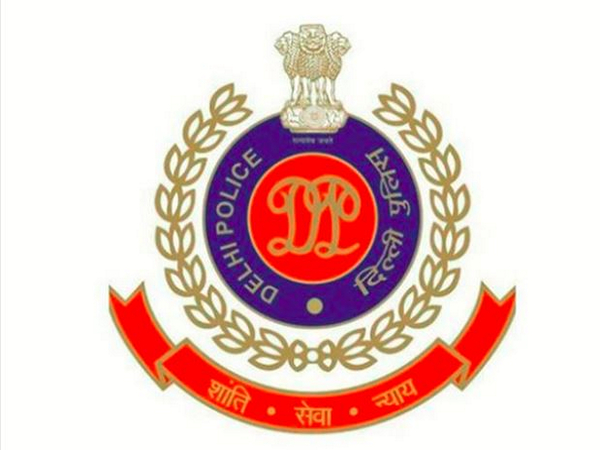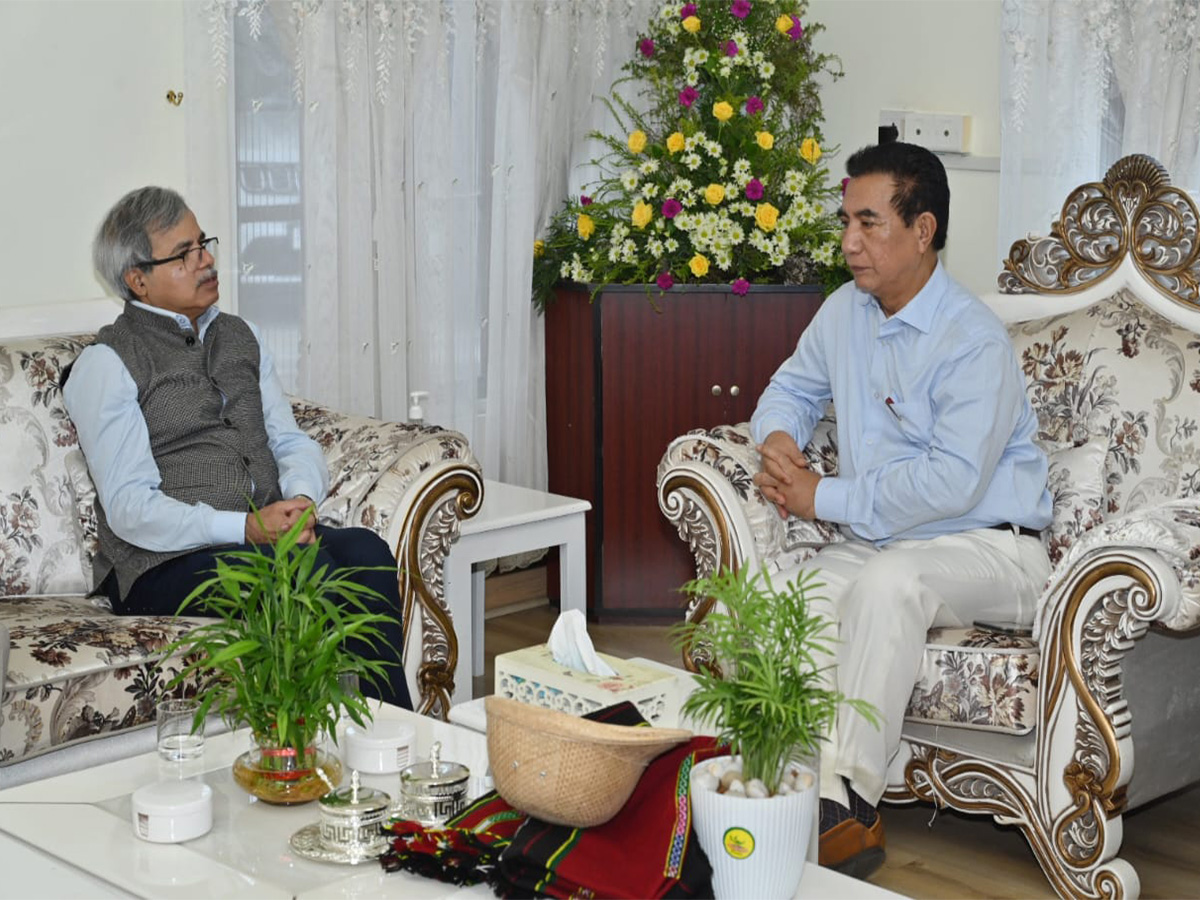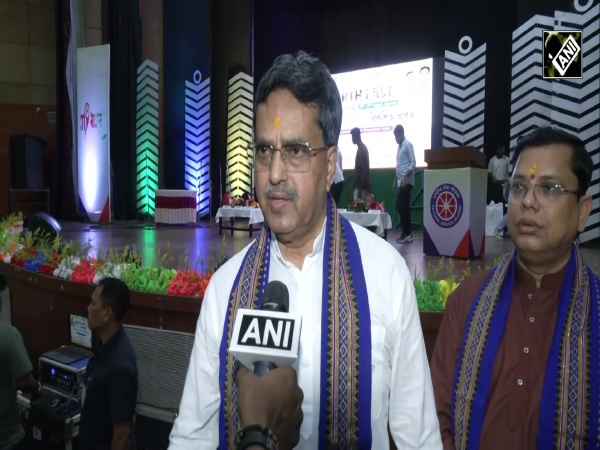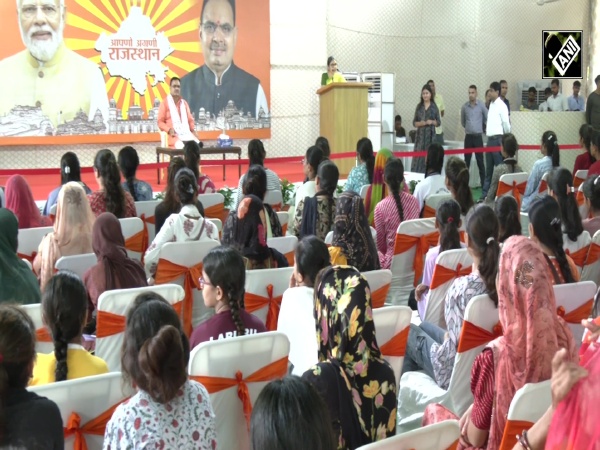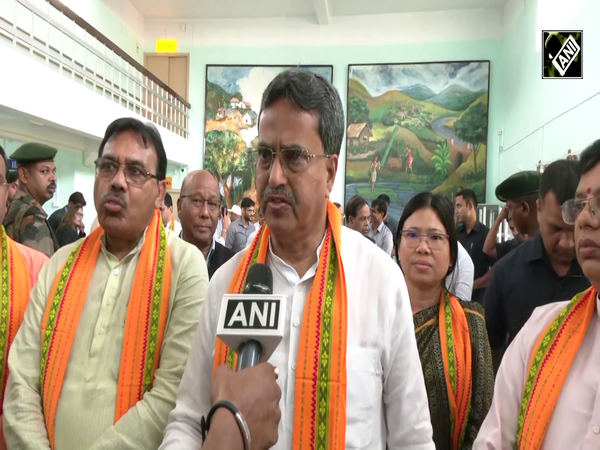Stroke caused 699,000 deaths in India in 2019
Jul 14, 2021

By Shalini Bhardwaj
New Delhi [India], July 14 : The contribution of non-communicable neurological disorders and neurological injuries to the total disease burden has more than doubled between 1990 and 2019, finds the India State-Level Disease Burden Initiative in a paper published in The Lancet Global Health on Wednesday.
"Stroke caused 699,000 deaths in India in 2019, which was 7.4 per cent of the total deaths in the country," it said
The paper found that the burden of many neurological disorders varies substantially across the states of India.
The neurological disorders include "non-communicable neurological disorders (stroke, headache disorders, epilepsy, cerebral palsy, Alzheimer's disease and other dementias, brain and central nervous system cancer, Parkinson's disease, multiple sclerosis, motor neuron diseases, and other neurological disorders), communicable neurological disorders (encephalitis, meningitis, and tetanus), and injury-related neurological disorders (traumatic brain injuries and spinal cord injuries)," said the paper.
The first comprehensive estimates of disease burden due to neurological disorders and their trends in every state of India from 1990 were published in The Lancet Global Health by the India State-Level Disease Burden.
On scientific studies Prof Vinod Paul, Member, NITI Aayog explained, "This scientific paper presents a comprehensive perspective of the burden of neurological disorders over the last thirty years, and systematically highlights the variations between the states. Several government policies and initiatives are in place to address the burden of neurological disorders across India, however, more focused efforts are required for the planning of specific neurology services in each state. There is a need to address the shortage of trained neurology workforce, and strengthen early detection and cost-effective management of neurological disorders in the country to deal with their growing burden."
Professor Balram Bhargava, Director General, ICMR said that Neurological disorders contribute 10 per cent of the total burden in India.
"This research paper provides the first consolidated estimates on the burden of most neurological disorders for every state of India from 1990 to 2019. Neurological disorders contribute 10 per cent of the total disease burden in India. There is a growing burden of non-communicable neurological disorders in the country, which is mainly attributable to ageing of the population. The findings presented in this research paper are useful for health-care planning at the state level to reduce the burden of the neurological disorder."
According to Prof K Srinath Reddy, President, Public Health Foundation of India, "The rise of non-communicable disease-related risk factors, as leading contributors to neurological disorders and resultant disability in India, is not a surprise. It reflects the demographic, socio-economic and nutrition transitions that have steered the shift in our epidemiological profile over the past 30 years. What is helpful is the recognition that much of this burden of disease and disability is related to modifiable risk factors which can be reduced at the population level and corrected at the individual level. We need policy, health system and personal level actions to achieve healthy ageing across a long life course."
The findings reported in the paper published today are part of the Global Burden of Disease Study 2019. The analytical methods of this study have been refined over a quarter-century of scientific work, which has been reported in more than 16,000 peer-reviewed publications, making it the most widely used approach globally for disease burden estimation.

